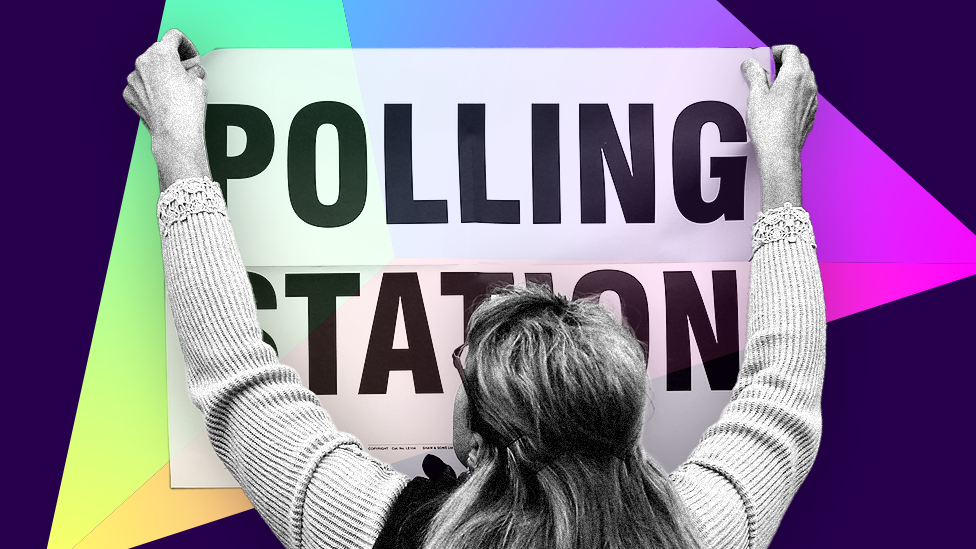Four things we learned from BBC Radio Derby's election debate
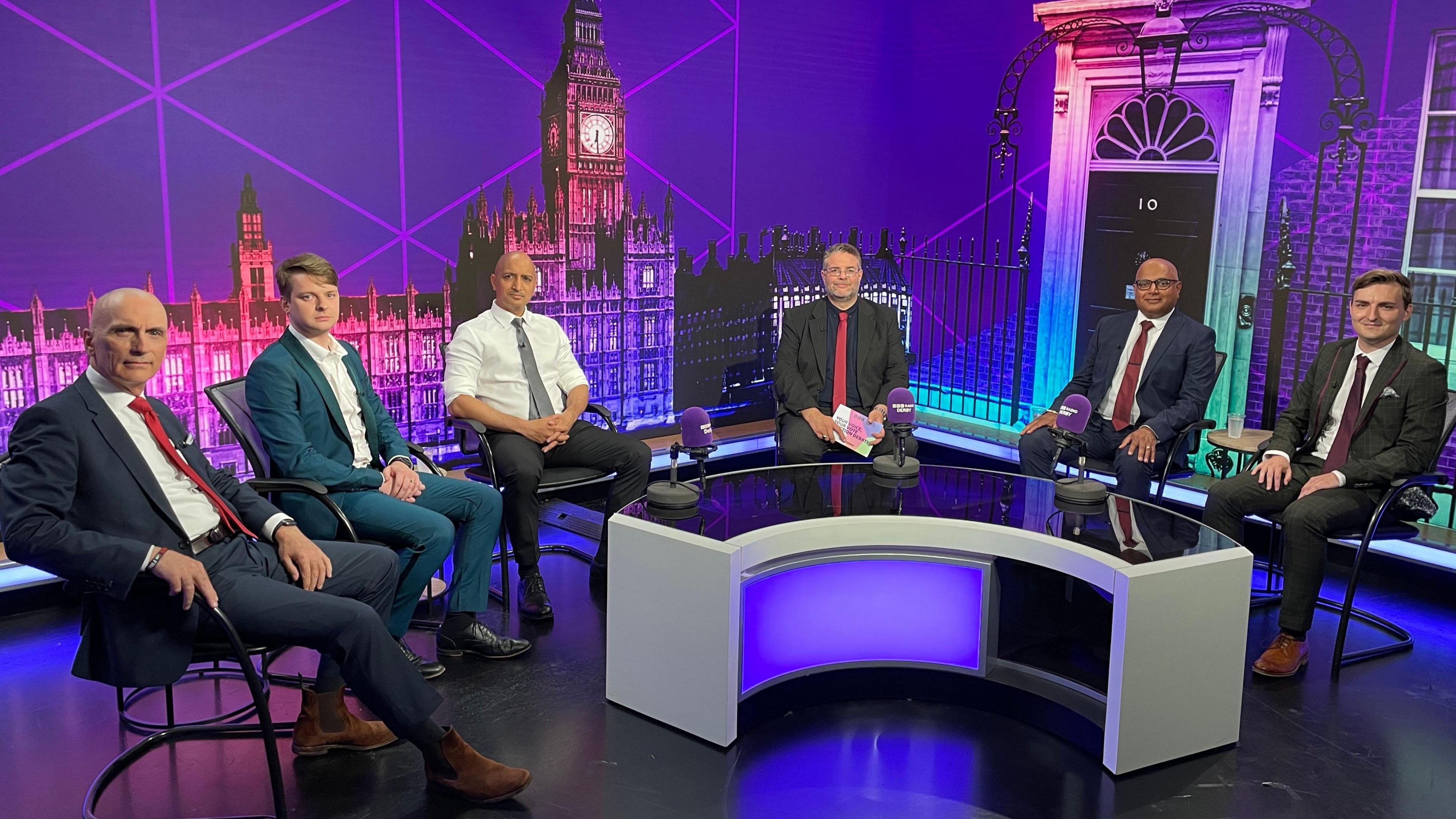
Five candidates looking to be the MP for Derby South took part in the debate
- Published
Five candidates who are standing to be elected as Derby South's next MP outlined their views during a debate.
Topics for the debate at the BBC East Midlands Today studio were led by voters - as part of the Your Voice, Your Vote campaign - who asked questions on the NHS, the cost of living, immigration and trust in politics.
Baggy Shanker (Labour), Jamie Mulhall (Conservative), Sam Ward (Green Party), Chris Williamson (Workers Party of Great Britain) and Zephyr Tair (Independent), took part in the debate.
So what did we learn from it?
The NHS needs attention
Two voters in the Derby South area asked about the current state of the NHS, including waiting lists, hiring more staff and funding.
Baggy Shanker, for Labour, said his party's ambition was to provide 40,000 extra appointments every week, which would "free up capacity in primary care" so people could get to see their GP - which would "bring down terrible waiting times".
Conservative candidate Jamie Mulhall defended his party's record on the NHS, but added he was "not blind to certain issues" in the NHS.
He added the party wanted to "build and modernise" 250 GP surgeries and praised the "pharmacy-first" initiative, which aims to free up GP appointments along with recruiting thousands more doctors and nurses.
Sam Ward, from the Green Party, said to fix the NHS, it would need £8bn in the first Parliament - rising to £26bn by 2030. He added the NHS had been "underfunded".
Workers Party of Great Britain candidate Chris Williamson said the Health and Social Care Act brought in by the previous coalition government "needed to be repealed", which "provides for the privatisation in the NHS".
"We shouldn't be making profit from healthcare," he said.
Independent candidate Zephyr Tair said there was a "lot of money going into the NHS", and said there was room to remove "inefficiencies" and raised an example of his wife being triaged twice on a recent visit to hospital.
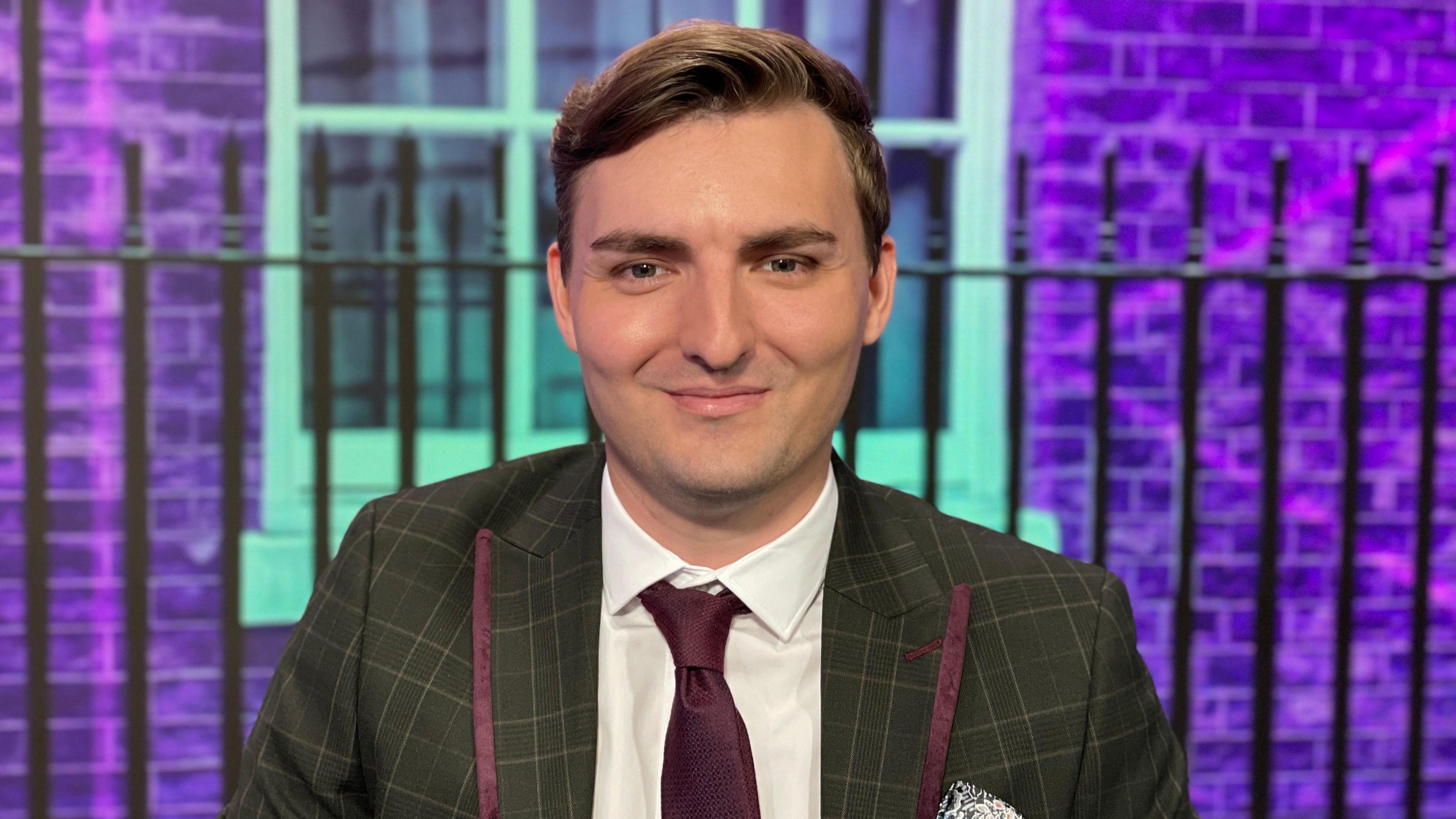
Conservative candidate Jamie Mulhall
Energy around cost of living debate
Mr Shanker reiterated Labour's plans to set up Great British Energy - a publicly-owned company to invest in clean, home-grown energy production - to "bring bills down".
"We're going to be really responsible with the economy... everyone in this country is still paying the price of Liz Truss's disastrous economic policies," he said.
Mr Ward spoke about rent controls, increasing public sector pay and increasing the minimum wage to £15 per hour.
Mr Tair said it was "difficult" to control things like interest rates and energy costs as an independent, but services designed to help people needed to be better signposted.
Mr Mulhall added the Conservatives had a "really proud record" in supporting people during the cost-of-living crisis through furlough and the energy price cap. He added that plans to cut tax and national insurance would help households.
Mr Williamson said bringing water, gas and electric providers into public ownership would bring down bills and stop profits being paid to shareholders.
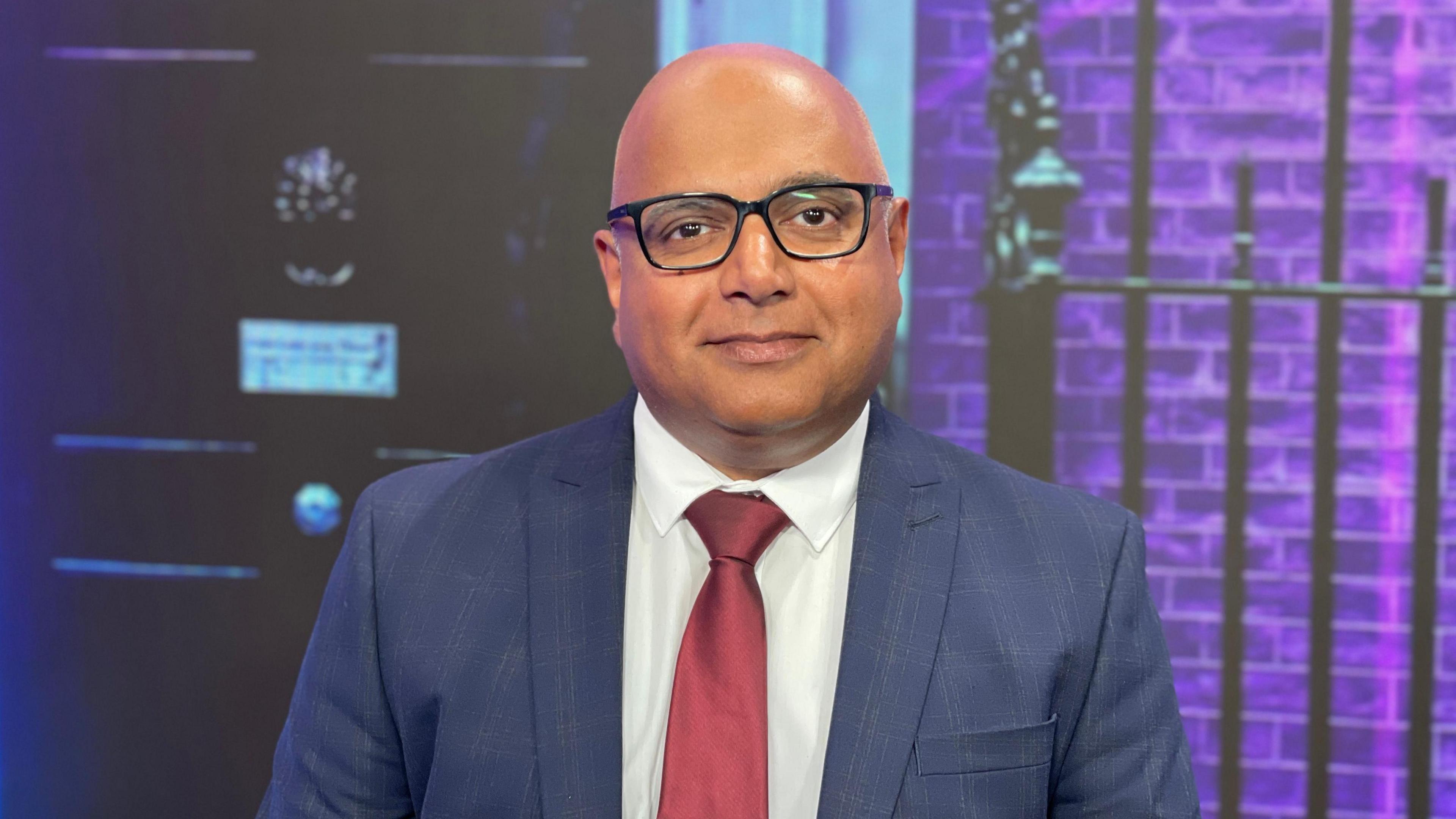
Derby South Labour candidate Baggy Shanker
Immigration divides opinion
This part of the debate saw a wide variety of views expressed by the candidates.
Mr Ward said the country needed to be "looking after people".
He added events like flooding and drought might increase migration if steps were not taken to tackle the problem.
"I don't know what's happened in this country where people have decided that asylum seekers are bad and we can't accept people," he said.
"We need to be establishing safe routes for people so they can escape persecution."
Mr Shanker hit out at the Conservative Party's plan to send asylum seekers to Rwanda, and called it an "absolute waste of money" and cited millions had been paid to the African nation with little or no people being sent there.
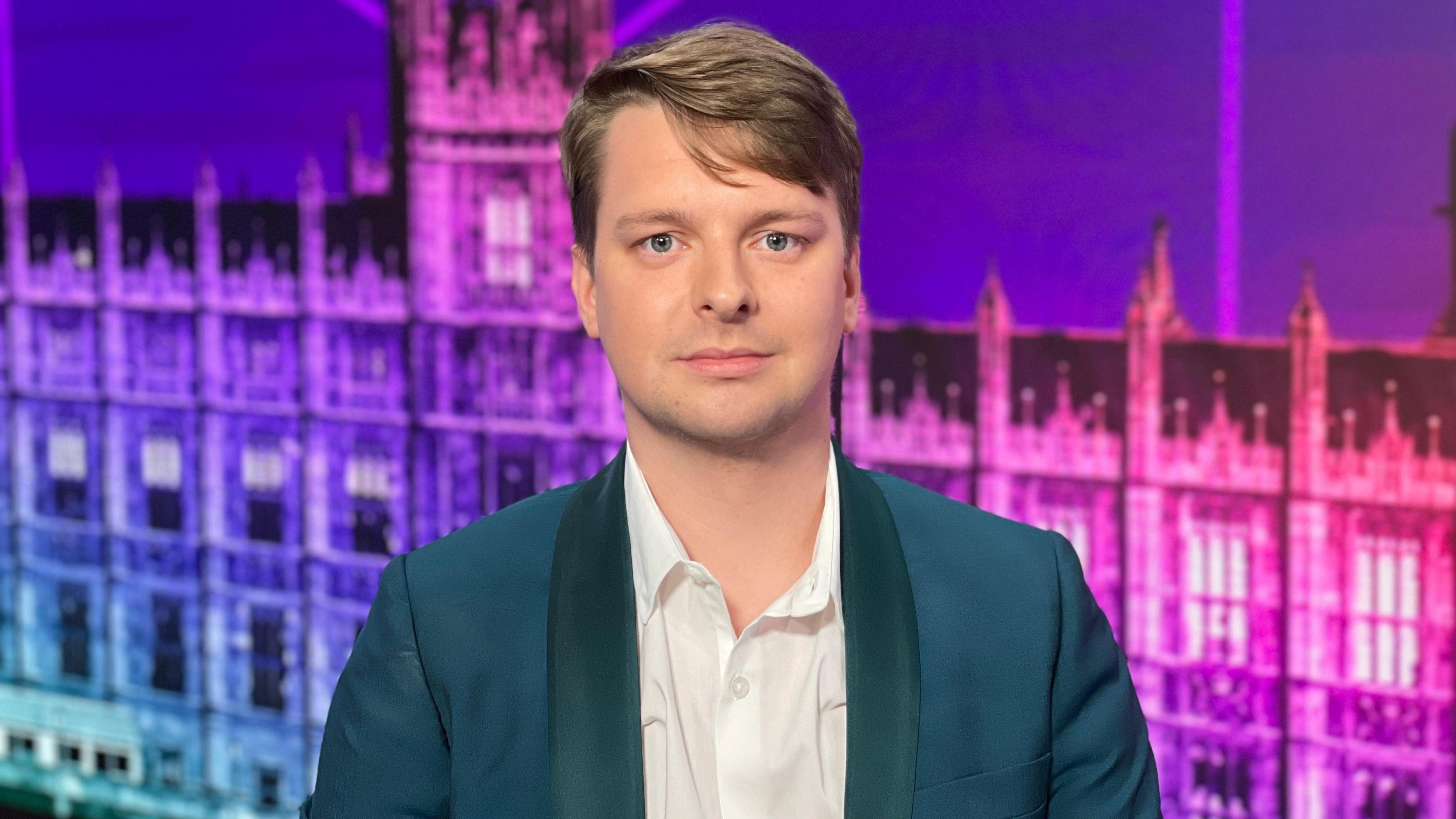
Sam Ward is standing for the Green Party
Labour would invest in a "proper border force" and speed up the asylum process backlog, he added.
Mr Mulhall, from the Tories, disagreed that sending people to Rwanda was not a good policy. He added it was a deterrent, and that the issue of immigration was being "whipped up by other parties".
Mr Tair added Derby should have the power in saying how many people could come into the city.
Mr Williamson said the issue needed to be tackled at source and other candidates were "talking about symptoms".
He added "war and ruthless exploitation in developing countries" were to blame and work needed to be done to tackle the causes of why people left their homes.
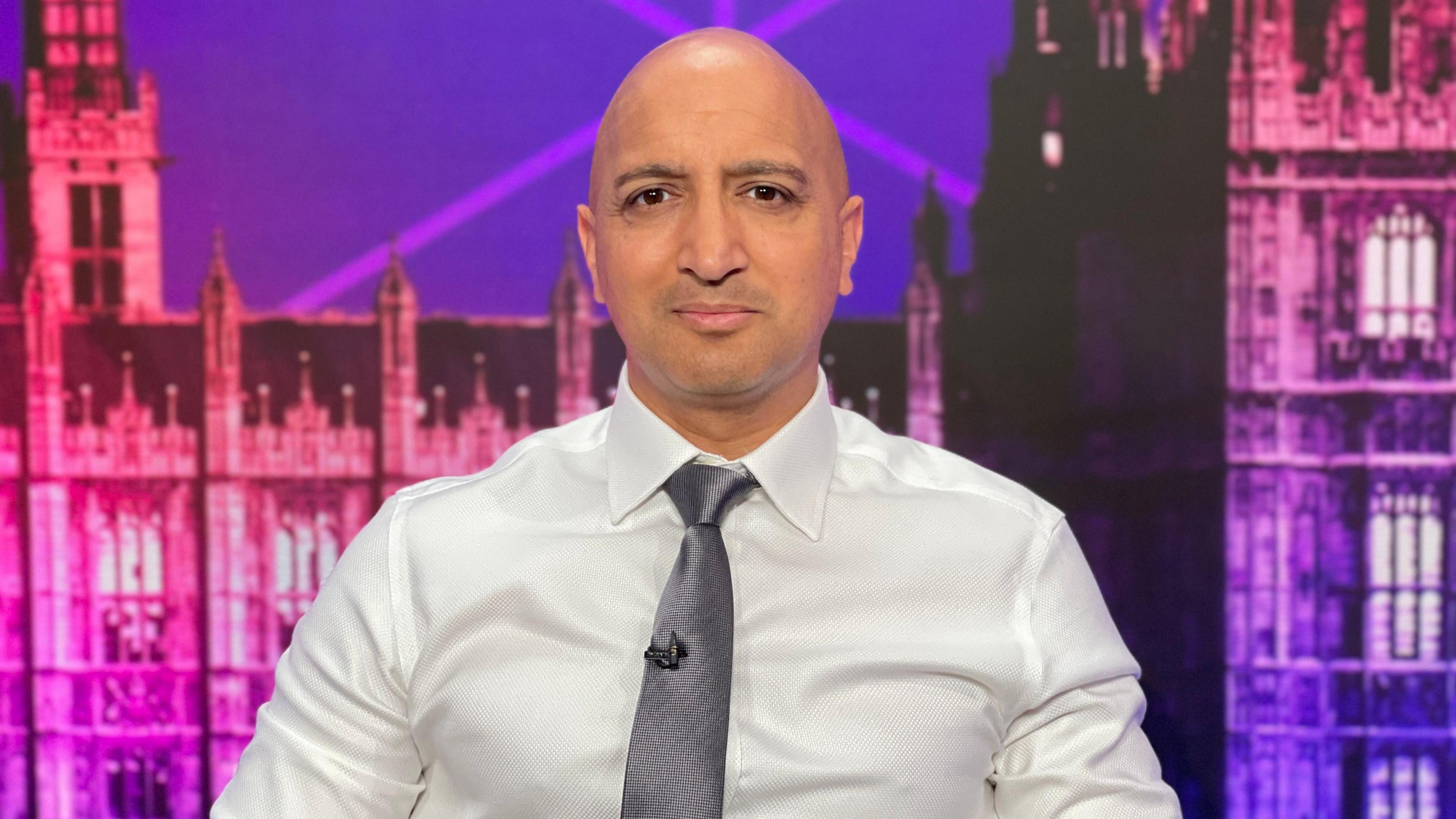
Independent candidate Zephyr Tair
Candidates challenged on trust
Voters then asked the candidates about trust in politics.
Instead of defending his party, Mr Mulhall was candid and said recent issues like allegations of Tory insiders betting on the election had "not showered his party in glory".
"I've never known a period where trust is so low," he said. "We've had over the last couple of weeks some pretty foolish behaviour in the Conservative Party."
Mr Williamson, a former Labour MP, said he used to tell his case workers that everyone who walked in should be given "100% and don't take no for an answer" when challenging public authorities.
Mr Ward said that MPs should work for their constituents and they should be prioritised over party issues.
Mr Shanker said voters needed to trust politicians at all levels and this was the "minimum expectation".
He added Partygate had "blatantly eroded" trust in politics.
Mr Tair added politicians "are not listening" and that "political parties have come before the people".
You can watch the debate in full by clicking here.
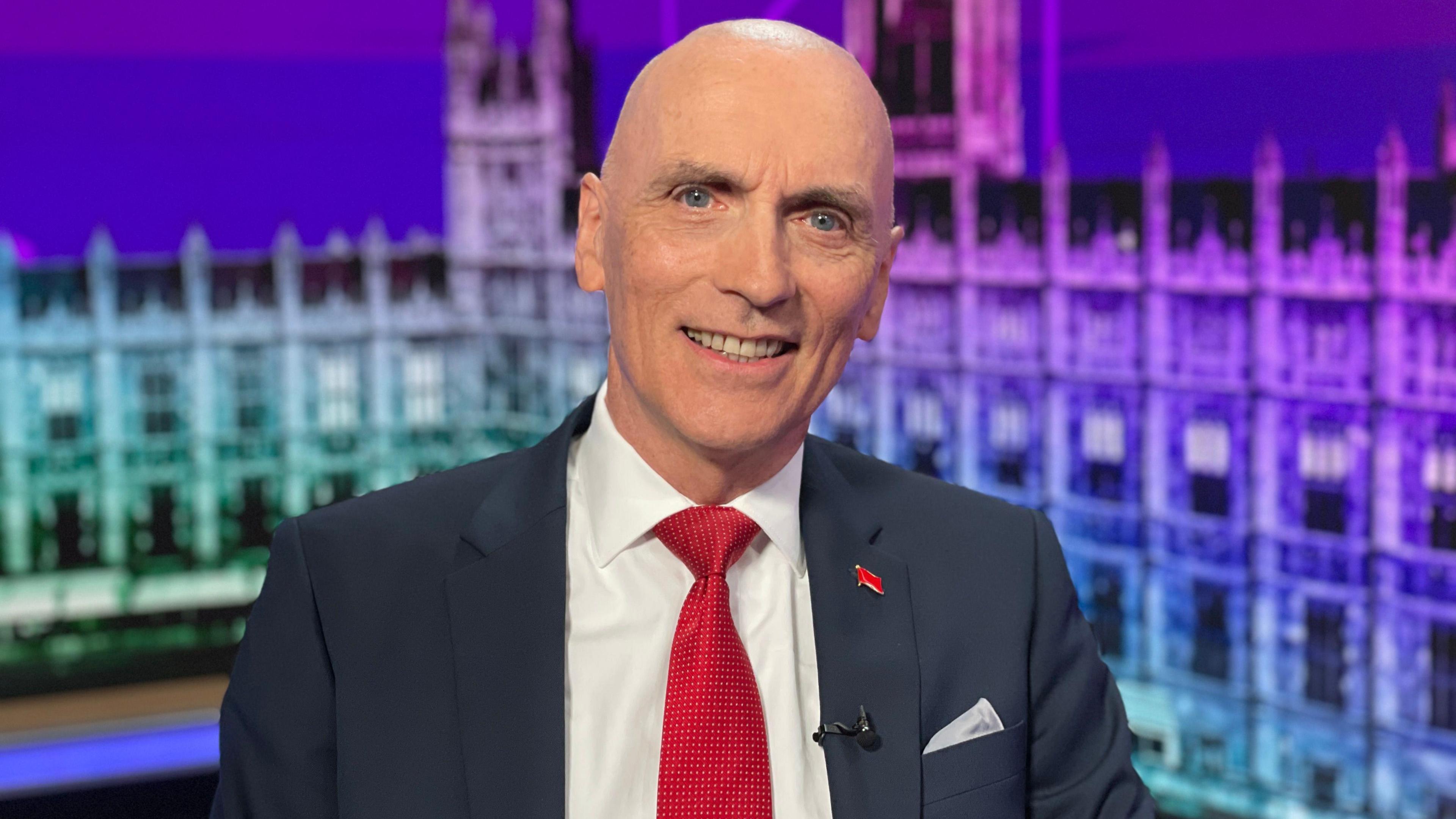
Workers Party of Great Britain candidate, Chris Williamson
The candidates standing in the Derby South constituency are:
Alan Graves - Reform UK
Jamie Mulhall - Conservatives
Joe Naitta - Liberal Democrats
Baggy Shanker - Labour
Zephyr Tair - Independent
Sam Ward - Green Party
Chris Williamson - Workers Party of Great Britain
Follow BBC Derby on Facebook, external, on X, external, or on Instagram, external. Send your story ideas to eastmidsnews@bbc.co.uk, external or via WhatsApp, external on 0808 100 2210.
Related topics
Related internet links
- Published4 July 2024
